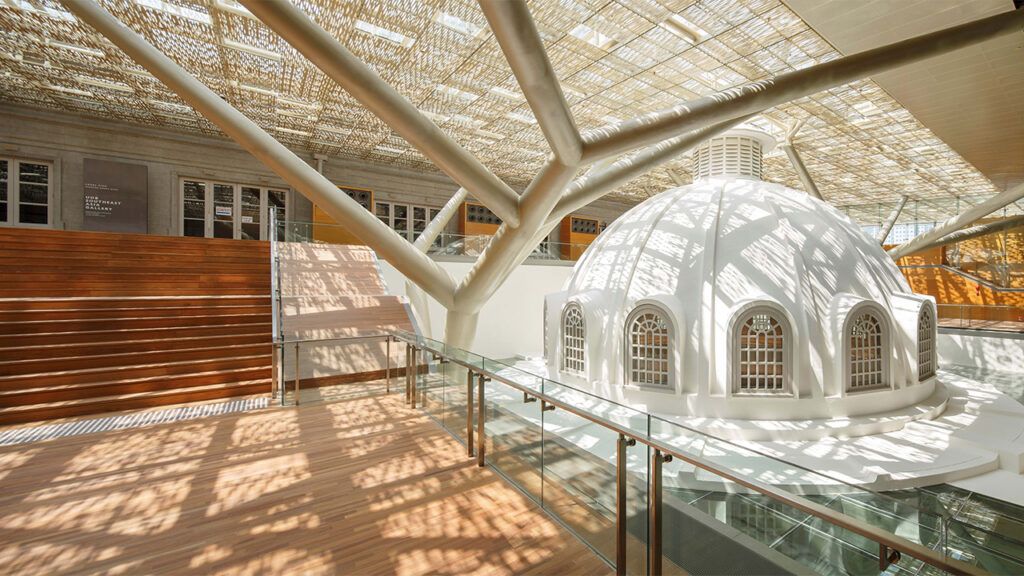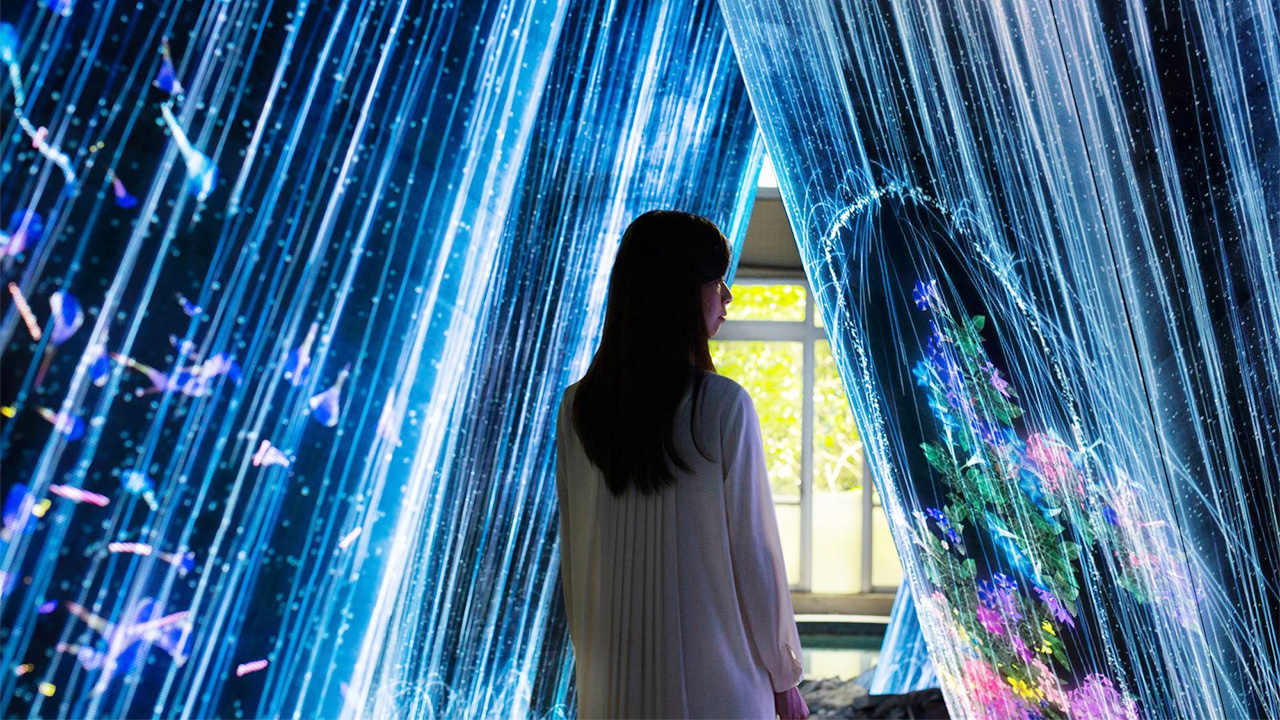This year, MCN 2021 Virtual, Museum Computer Network’s annual conference, features four international spotlights exploring the theme “What is digital now?” from the regional perspectives of Asia-Pacific, the Middle East and Africa, Europe, and Latin America.
As the conference’s media partner, Jing Culture & Commerce is spotlighting key learnings from these sessions on how cultural organizations across the globe are forging a digital future. Read more of our coverage here.
Session
“Exploring Digital Horizons With Asia’s Cultural Institutions”
Panelists
Takashi Kudo, Communications Director, teamLab
Chris Lee, Assistant Chief Executive, National Gallery Singapore
Leigh Tanner, Co-Founder, Museum 2050
Key takeaways
Asia’s cultural venues may have reopened after months’ worth of lockdown, but 2020’s digital pivots are bound to leave their mark on in-person programming. For the National Gallery Singapore, the thinking now, said Lee, is “how we can leverage digital to outreach and to create as much of a digital twin as possible.”
This newfound phygital approach has had the additional effect of whetting the growing cultural appetites of local audiences. “We’re bringing in new audiences and they’re open to it,” said Lee, “They’re now seeing [museums] as a leisure option… and digital has been quite an important part of that.”
Echoing that, Tanner noted how Museum 2050’s December 2020 conference saw its livestream viewership jump to 72,000 from 7,000 in 2018 — demonstrating how the past 18 months have accelerated the consumption habits of a Mainland audience that is “super young” and digitally native.

“Not many people can the physical space, so how do we get them as close to a real life experience as possible, even if they’re not stepping in?” noted Chris Lee, Assistant Chief Executive, National Gallery Singapore. Image: National Gallery Singapore
So might such digital engagement be monetized? Well, that remains an open question for the panelists. “We’re not at a point yet in China where people are willing to pay just for the digital,” said Tanner, highlighting the glut of virtual content that’s available for free. “The competition is huge,” Lee added. “With the big museums, if their [online] content and programs are free, it’s hard for us to charge for that.”
That said, Asian audiences remain willing to purchase a ticket for an in-person experience featuring digital technologies such as virtual reality. In fact, teamLab’s multimedia offerings have powered on in recent months — some enhanced with components such as sauna and tea ceremonies — the lockdown having not disrupted the collective’s creative processes, Kudo noted. That immersive exhibitions have proliferated post-COVID is no surprise, as teamLab, along with most organizers, consider fresh ways “to bring people back inside with an exhibition.”
Key quote
“Both digital and in-person should be in conversation; they should be complementing each other, rather than one having authority over the other.” — Leigh Tanner, Co-Founder, Museum 2050



